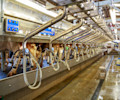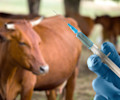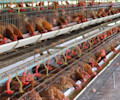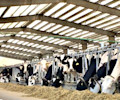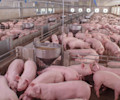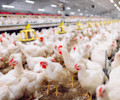FAIRR’s top news picks
Climate Change: IPCC Report Is ‘Code Red for Humanity
BBC | 9 August 2021

In the August 2021 AR6 Climate Change report, the IPCC writes that the effects of global warming will continue unabated without strong, rapid and sustained reductions in global GHG emissions from some of the worst-polluting sectors, including agriculture. It states that by 2030, emissions need to decline by around 45% from 2010 levels if we are to achieve net-zero by 2050. At current levels, however, there is little promise of meeting this target. Methane (CH4) emissions from livestock are growing faster than ever before and the widespread use of synthetic fertilisers is leading to greater concentrations of nitrous oxide (N20) in the atmosphere. This, coupled with the loss of vital carbon sinks, leaves livestock companies hanging in the balance.
With the frequency of extreme weather events likely to increase, governments and companies will need to ensure that they have an effective strategy in place to mitigate these risks, and emissions from agriculture must be part of that strategy. The FAIRR Initiative has, therefore, published a global investor statement aimed at engaging G20 nations to include agriculture as part of their climate change mitigation efforts: Where’s the beef?
New regulations and innovative technologies are also paving the way for the emergence of more climate-friendly business practices, leaving protein producers’ “business-as-usual” operations at significant financial risk. In our recent report, Returns Gone Sour: The Impact of Carbon Pricing on the Dairy Sector, we analyse the potential impact of carbon reduction regulations on the livestock sector, using the climate-related financial impacts of the upcoming regulation in New Zealand as a case study.
Plant-Based Food Sales to Increase Fivefold by 2030
Bloomberg | 11 August 2021
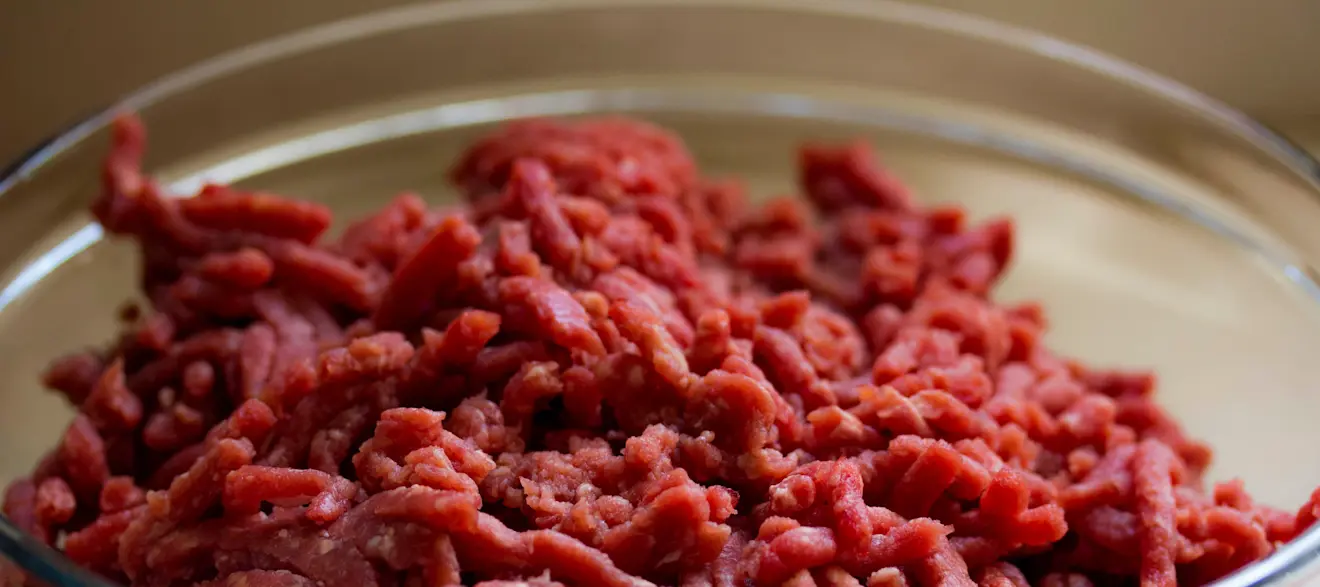
Demand for plant-based foods, including meat and dairy alternatives, has risen significantly in 2020, with sales expected to increase fivefold and account for 7.7% ($162 billion) of the global protein market by 2030. These predictions already far surpass the predictions made in our 2020 report, Appetite for Disruption: A Second Serving, where growth was forecast to reach $17.9 billion by 2025.
Consumer interest in healthy eating and sustainable production is driving this trend at an unprecedented rate, and major retailers and manufacturers, such as Tesco and Unilever, are responding by exploring demand-side interventions that go beyond simply increasing product choice for consumers. To learn more about the opportunities and growth potential of the alternative protein sector, please visit the Sustainable Proteins Hub.
‘They Rake in Profits – Everyone Else Suffers’: US Workers Lose Out as Big Chicken Gets Bigger
The Guardian | 11 August 2021
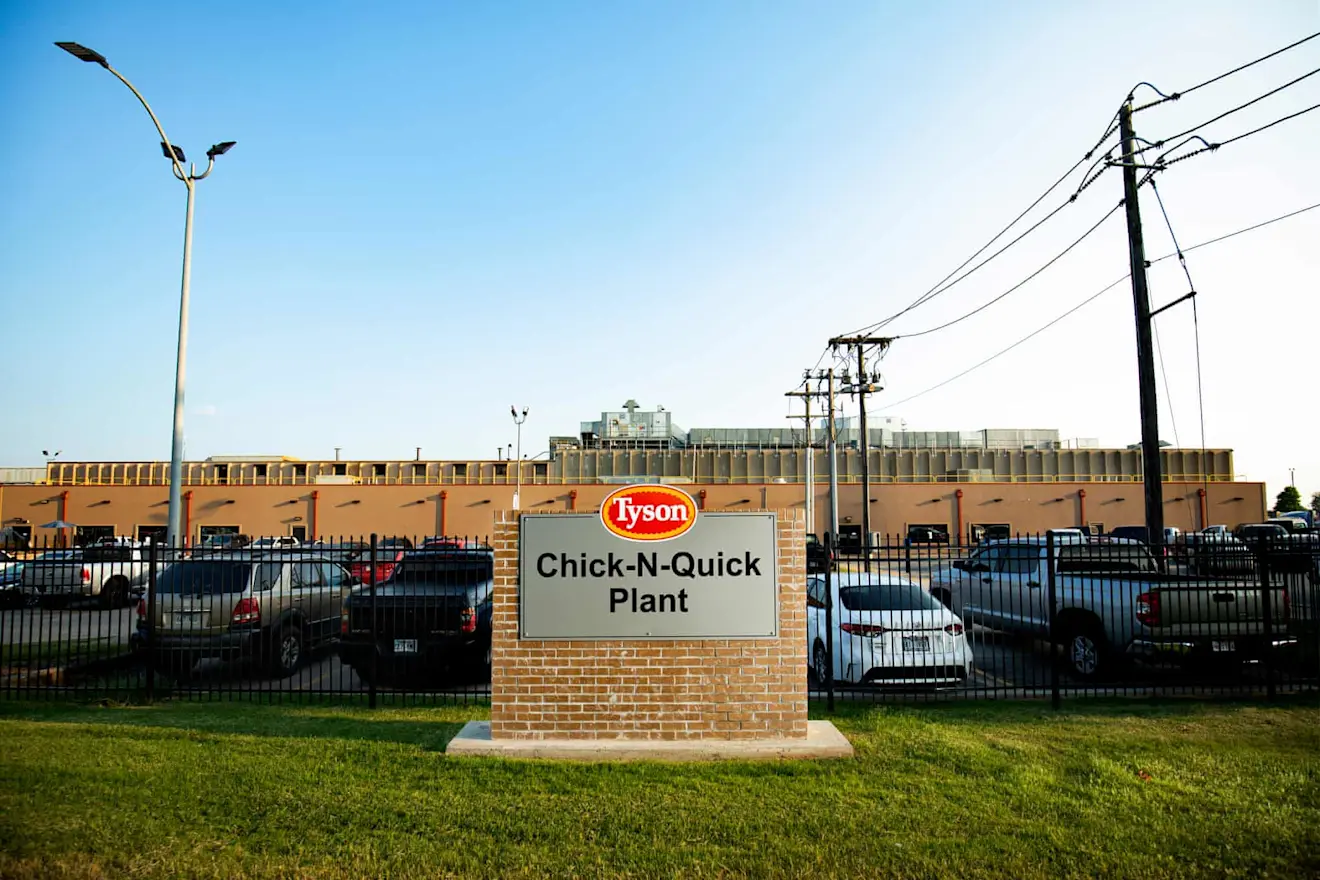
An investigation has revealed that working conditions at Tyson Foods – one of the seven target companies in our Working Conditions engagement – have yet to meaningfully improve despite lawsuits and repeated allegations of poor practice. Workers and local communities who continue to report inadequate health and safety measures, poor waste management, cuts to employee benefits and unfair disciplinary protocols will be understandably disappointed by these findings as it would appear that their voices are still unable to drive meaningful change.
The growing demand for plant-based and alternative proteins, however, could potentially shake up their operations, according to Jenny Splitter. In one Vox article, she explores the risks and opportunities that come with a transition to plant-based production, suggesting that new jobs could eventually displace the factory farm workforce. The long-term viability of such a transition is not yet clear, but “the sooner policymakers wrap their heads around the depth and breadth of transition, the better equipped [countries] will be to make it”.
Our Working Conditions engagement is looking to future-proof this industry by encouraging global protein producers, such as Tyson Foods, to implement long-term changes and work to mitigate risk in three key areas:
Health and Safety
Fair Working Conditions
Worker Representation
To learn more, please contact: Cristina Figaredo, Research & Engagements Manager
More Food for Thought
Animals Farmed: China’s Pig Critic Jailed, Rescue Sanctuaries and Factory Farming Ban | Clare Horton and Tom Levitt | The Guardian
You Eat Meat From Factory Farms. Why Not a Lab? | Amanda Little | Bloomberg
How Precision Fermentation and Cellular Agriculture Can Help Reduce Emissions 90% by 2035 | Flora Southey | Food Navigator
FAIRR’s Protein Pulse is a weekly collection of news articles related to the food sector that may be of interest to our members. FAIRR does not necessarily endorse the views of these news articles and assumes no responsibility for any errors or inaccuracies found in third-party content.

